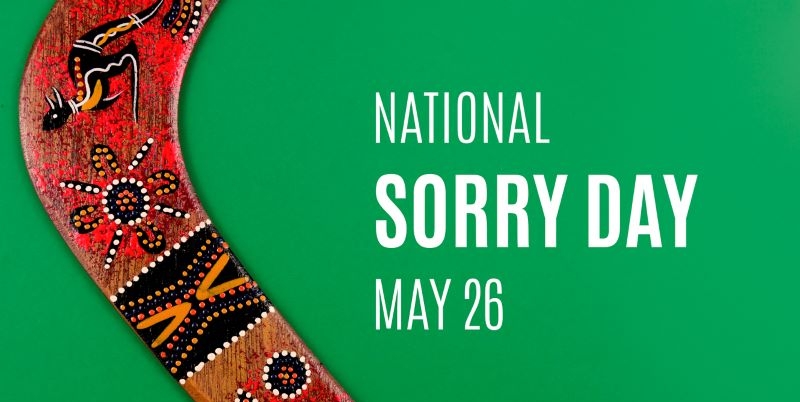| By J. Robert Parks |
Every year on May 26, the country of Australia holds “National Sorry Day.” This is a day to commemorate the terrible ways British colonizers and Australians treated the country’s Indigenous Peoples, the Aborigines and the Torres Strait Islanders, throughout the country’s history. Along with apologizing for past actions and expressing sorrow over the way those actions continue to affect Indigenous communities, people are also encouraged to work for reconciliation between different ethnic groups. This year will mark the 25th anniversary of the first National Sorry Day, which was held on May 26, 1998. Teachers and librarians can take advantage of numerous resources in Gale In Context: World History to teach students about the history of Australia and its Indigenous Peoples as well as relate that history to other similar situations involving colonial oppression around the world.
The Australian Aborigines were the original inhabitants of the Australian continent and have lived there for tens of thousands of years. Encounters with Europeans were first documented in 1770, and by 1788, the British had started colonizing the continent. The discovery of gold in the 1850s brought a rush of Europeans, who pushed the Indigenous Peoples from their fertile land and into the continent’s harsh interior. As the United States did with its Indigenous population, the British pushed the Aborigines onto reserves, but some colonists also abducted Aboriginal children and sold them as domestic servants or manual laborers.
The taking of children from their families became official government policy in the 1880s. Over the ensuing decades, an estimated 100,000 children were removed from the Aboriginal communities without requiring parental consent. The government justified the practice by saying they were protecting the children and helping them to be brought up as “white,” but the policy was often used as a threat to force Aboriginal communities to move onto the reserves so colonists could seize Aboriginal land. In 1981, Australian historian Peter Read coined the term “stolen generations” to refer to the Indigenous Peoples whose communities were ripped apart by the child-removal practice. Unfortunately, child removal was common in many colonized countries at that time, including French Indochina, the United States, India, and Canada. In fact, historians have suggested that colonial governments may have communicated or even coordinated their practices in those years.
The ramifications of child-removal policies on Indigenous communities were catastrophic and have lasted into the present day. In the 1990s, the Australian government started investigating the repercussions of the policies, which included higher rates of suicide. This led to a 1997 government report, called Bringing Them Home, that argued the policies had functioned as an act of genocide. The report provoked the first National Sorry Day, in which church leaders, government officials, and institutions publicly apologized for the past mistreatment of Australia’s Indigenous Peoples. Schools held their own Sorry Day activities and focused on Aboriginal issues.
In the ensuing years, marches have been held on National Sorry Day that have drawn hundreds of thousands of people, and various groups have pushed for more focused policies to rectify the effects of the child-removal policies. Organizations have fostered efforts toward reconciliation, and some parts of the country celebrate National Reconciliation Week during the week following National Sorry Day. Along with trying to encourage reconciliation, that week also celebrates the cultures of the Aboriginal and Torres Strait Islander peoples.
About the Author
J. Robert Parks is a former professor and frequent contributor to Gale In Context: U.S. History and Gale In Context: World History who enjoys thinking about how our understanding of history affects and reflects contemporary culture.


